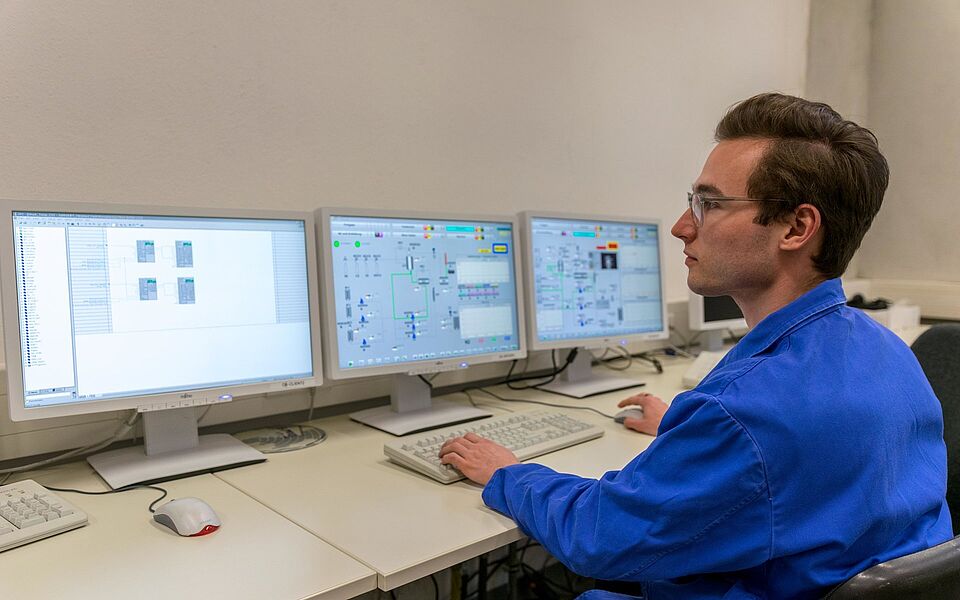 © d|b|t|a
© d|b|t|a
Kommende Veranstaltungen
Standort
Fachgebiet Dynamik und Betrieb technischer Anlagen (KWT-N Eingang 4)
Eingang Halle TK
KWT-A Eingang 6
KWT-N Eingang 2
Kontakt
Fachgebiet Dynamik und Betrieb technischer Anlagen
| Einrichtung | Fachgebiet Dynamik und Betrieb technischer Anlagen |
|---|---|
| Sekretariat | KWT 9 |
| Gebäude | KWT-N |
| Raum | 110 |
| Adresse | Str. des 17. Juni 135 10623 Berlin |
| Sprechzeiten | Bitte vereinbaren Sie einen Termin per eMail. |
| Haupteingang | KWT-N Eingang 4 |
| Eingang Technikum | TK Eingang |

 © Philipp Arnoldt
© Philipp Arnoldt
 © Philipp Arnoldt
© Philipp Arnoldt